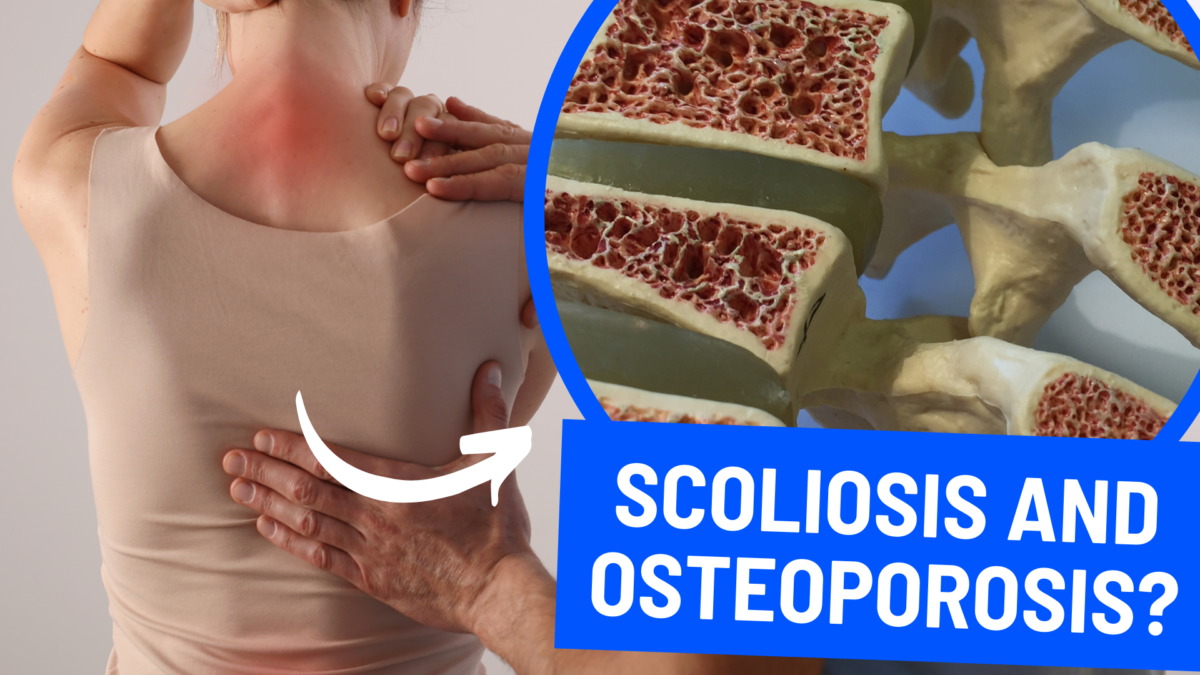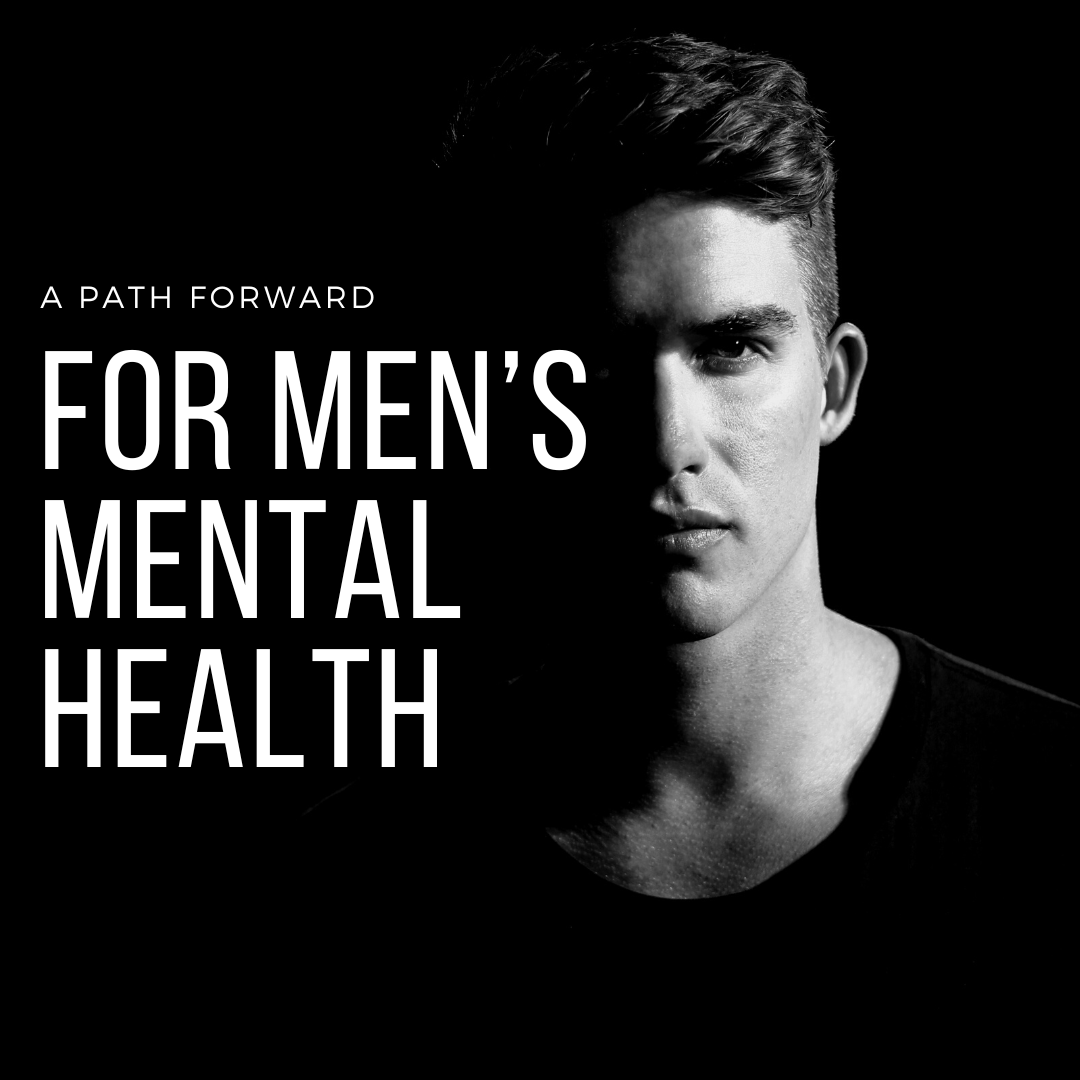Understanding Male Mental Health
In my podcast “Your Lifestyle Is Your Medicine,” I interview experts in the trenches from all the different facets of lifestyle medicine:
- Physical Activity
- Nutrition
- Sleep and Recovery
- Managing Toxins
- Stress
- Community
I recently spoke to Paul Weeden (Episode 29), an integrative therapist and embodiment coach who founded the company “Be Authentic on Purpose.”
His company helps burnt-out and frustrated professionals to align with their authenticity and purpose.
Talking to him made me reflect on the scale of mental health problems today, especially in men.
Men generally don’t talk about mental health. The reasons are multifaceted and complex, ranging from cultural expectations to a lack of awareness. But this leads to a grim but inevitable conclusion, as seen in these statistics compiled by The Samaritans charity in the UK. In 2021, The male suicide rate was 15.8 per 100,000, compared with 5.5 per 100,000 for women. That difference alone is stark, but for men aged 50 to 54, the rate was a shocking 22.5 per 100,000.
They point to financial difficulties and loneliness as two of the drivers of the suicides in the older age group.
This isn’t a fun topic, but I believe that focusing on lifestyle medicine has a role to play in the management of depression, anxiety, loneliness, toxin abuse, and lack of sleep that could, at an early stage, underpin some of the epidemic of men’s mental health issues.
What can we do about it?
Physical Activity
Research in the British Journal of Sports Medicine states, “Physical activity is highly beneficial for improving symptoms of depression, anxiety, and distress across a wide range of adult populations, including the general population, people with diagnosed mental health disorders, and people with chronic disease. Physical activity should be a mainstay approach in managing depression, anxiety, and psychological distress.” [1]
It’s free, doesn’t require much time, doesn’t involve medication, and, to a large extent, anyone can do it. Plus, physical activity (I’m not just talking about exercise here) has many other benefits, from increasing muscle mass, which has been associated with living longer, to reducing heart disease and cancer.
Nutrition
It’s straightforward for most people to see how poor nutritional habits can lead to physical degeneration, but it’s less easy to see the connection between poor diet and mental health. However, standard nutritional deficiencies are found in people who suffer from depression, and reversing those has been shown to have good results. For example, increasing levels of omega-3–3 fatty acids, vitamin B (e.g., folate), and magnesium in the diet have all been shown to help with depression. [2]
Sleep and Recovery
Links between sleep and depression are strong. About 75% of depressed patients have insomnia symptoms, and sleeping too much is present in about 40% of young depressed adults and 10% of older people. [3]
Good sleep starts in the morning; simply getting sunlight into your eyes on waking helps reset the balance of some of the hormones that influence sleep (melatonin and cortisol). This then sets you up for a good night’s sleep, assuming that good ‘sleep hygiene is being practiced…no screens in the bedroom, no coffee after 12, not eating late, etc.
Toxins
Most people will think about toxins and abuse of toxins and believe it doesn’t apply to them. Well, that’s simply not true. Modern life bombards us with chemicals every day, from pesticides to plastics, and the toxic loads on our bodies are only increasing. However, with adequate water, exercise, and clean food, our bodies are pretty good at dealing with it. But we humans have a knack for making things worse than they need to be…
For example, one of the most avoidable toxins is alcohol, yet it is part of the social fabric of many cultures. Even though alcohol may temporarily decrease anxiety symptoms, it invariably increases depressive symptoms [4], becoming a vicious circle of self-medication and worsening symptoms.
The key here is to seek help. Most men don’t want to admit they are self-medicating, but plenty of support networks exist if they are honest with themselves.
Stress Management
We all experience stress, but how we manage it varies greatly. Our ability to cope with stressful situations can be linked to previous negative factors such as adverse childhood environments, negative emotionality, and prior psychiatric history [5]. However, there is a flip side to that coin, and in recent years, researchers and clinicians have suggested that positive psychological characteristics may be a protective factor for depression. For example, if a person has a positive outlook on life, is satisfied with things, and has a sense of purpose, this can buffer them from the effects of stress, and in turn, this can protect them from depression [6]. Researchers call this protective factor a good sense of well-being.
With this in mind, employers can play a vital role in male mental health by implementing stress-reduction strategies, encouraging work-life balance, and fostering a supportive environment where people’s well-being is nurtured.
Community and Relationships
In his TED talk [7], Robert Waldinger, the director of the Harvard Study of Adult Development, one of history’s most comprehensive longitudinal studies, highlights something exciting.
For over 75 years, they have tracked the lives of 724 men, and during that time, they have asked them about their lives, health, and experiences while collecting objective data like blood tests and brain scans. Interestingly, Waldinger noted that the most critical factor in predicting the health of an 80-year-old was not the blood markers when they were 50. Still, the quality of their relationships, and conversely, he noted that loneliness kills. People who are more connected to family, friends, and community are happier, healthier, and live longer than those who are not. In midlife, it’s easy to give up on community and relationships. Men commonly overwork, leading to alienation from family and friends and divorce. It sounds cliche, but joining clubs and getting hobbies (even better if they involve movement) can add years to your life.
A Path Forward
For me, mental health is a topic I’ve always been inclined to avoid. I felt I didn’t have the experience or skill set to help people suffering from depression or anxiety. However, the more I learn about men my age suffering in silence, the more I want to help. I believe that the six pillars of lifestyle medicine provide a solid foundation for people suffering from anxiety and depression, and with coaching, it is possible to reverse the symptoms and, by association, improve relationships and families while having that positive change ripple out in communities.
If this resonates with you, please email me at ed@edpaget.com, and we can have a quick call to see if lifestyle medicine coaching would be a good fit for you.
Sources:
- https://bjsm.bmj.com/content/early/2023/07/11/bjsports-2022-106195
- https://www.ncbi.nlm.nih.gov/pmc/articles/PMC2738337/
- https://www.ncbi.nlm.nih.gov/pmc/articles/PMC3181883/
- https://www.healthline.com/health/mental-health/alcohol-and-depression
- https://journals.plos.org/plosone/article?id=10.1371/journal.pone.0067395#pone.0067395-Piccinelli1
- https://journals.plos.org/plosone/article?id=10.1371/journal.pone.0067395
- https://www.ted.com/talks/robert_waldinger_what_makes_a_good_life_lessons_from_the_longest_study_on_happiness?language=en


